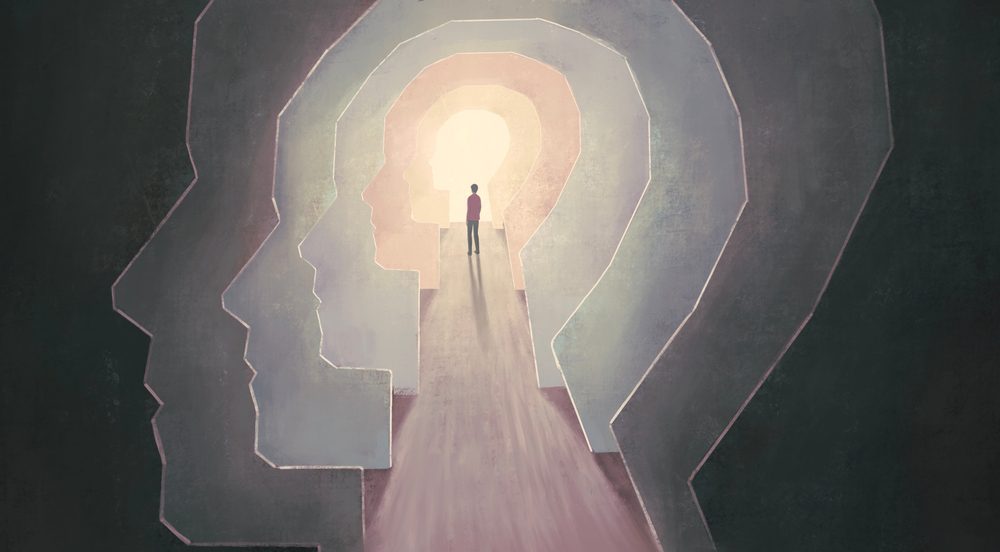Breaking Through Mental Health Challenges, One Brick At A Time

Signs and symptoms of depression, according to the NIHM, can include feelings of hopelessness, loss of interests, suicidal thoughts, along with restlessness, fatigue, difficulty concentrating, irritability, headaches, persistent feelings of worry, and difficulty with sleep. Sound familiar?
For me, these symptoms still weren’t comprehensive.
When I was 28, I revisited this conversation with a new doctor. She listened to my symptoms and concerns and – after some thought – asked if I had ever been tested for Attention Deficit Disorder.
Among possible symptoms: feeling depressed, acute anxiety, fatigue, irritability, difficulty concentrating, difficulty with sleep—and my wall.
Turns out, my wall was a symptom of ADD. And anxiety. And depression.
The NIMH says that stress, sleep disorders, anxiety, and depression, among other conditions, can cause the same range of symptoms as those of ADD or ADHD (Attention Deficit Hyperactivity Disorder). And each of these mental health conditions can present different symptoms in different people. Diagnosis of adult ADD/ADHD is specifically complicated due to these overlaps.
The good news is that help is available. Your primary care provider can refer you to a specialist for testing or treatment. Therapy is more widely accessible (especially now that teletherapy is more common). If you struggle with mental health, discovering what takes a toll on your daily life can be a journey, and finding the right mix of therapy and other treatments can be daunting. It took years, but I found what grounds me: a few lifestyle changes, some healthy coping mechanisms, regular therapy, and the right medication.
Life has its ups and downs, but when your emotions and behaviors begin to impact your relationships and your health, it’s time to seek help. If you’re struggling with anxiety, depression, ADHD, trauma, or substance use, you’re not alone.
Finishing this article required five phone reminders, a cup of tea, a dance break, a nap, two pep talks in the mirror, and exactly 10 milligrams of a stimulant prescribed to treat symptoms of Attention Deficit Disorder.
Walls are easier to break down when you have the right tools.







